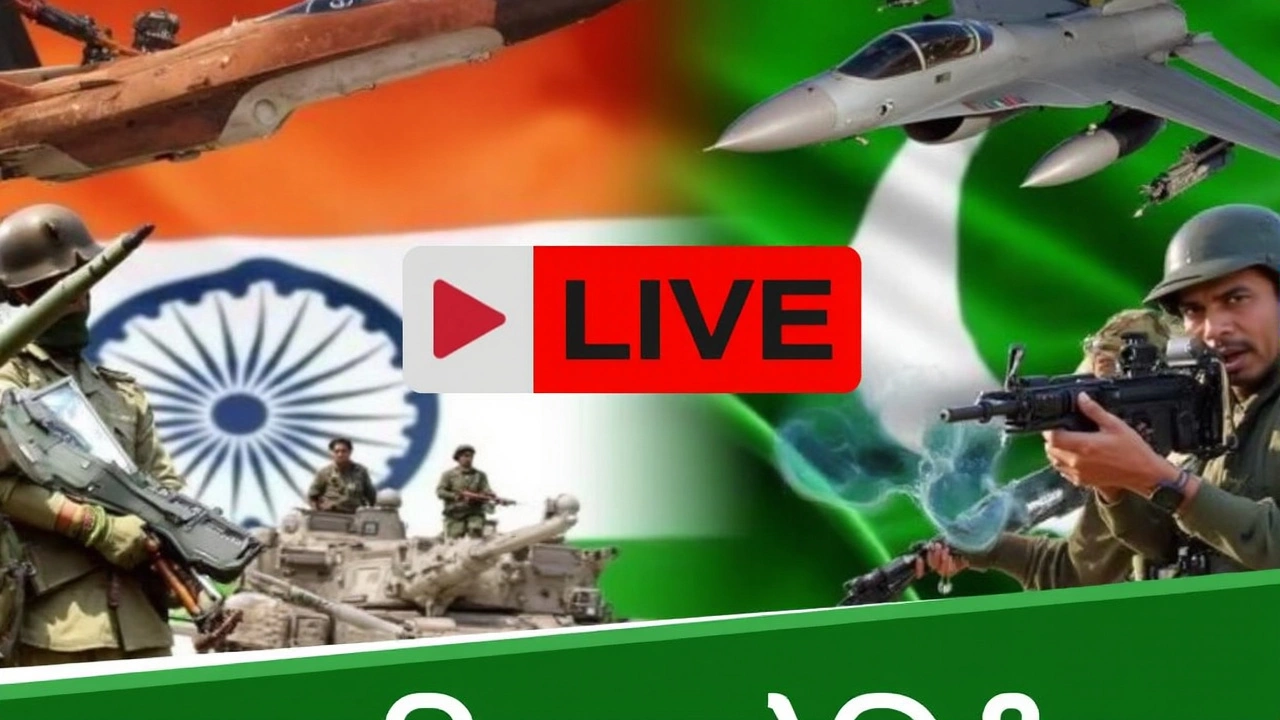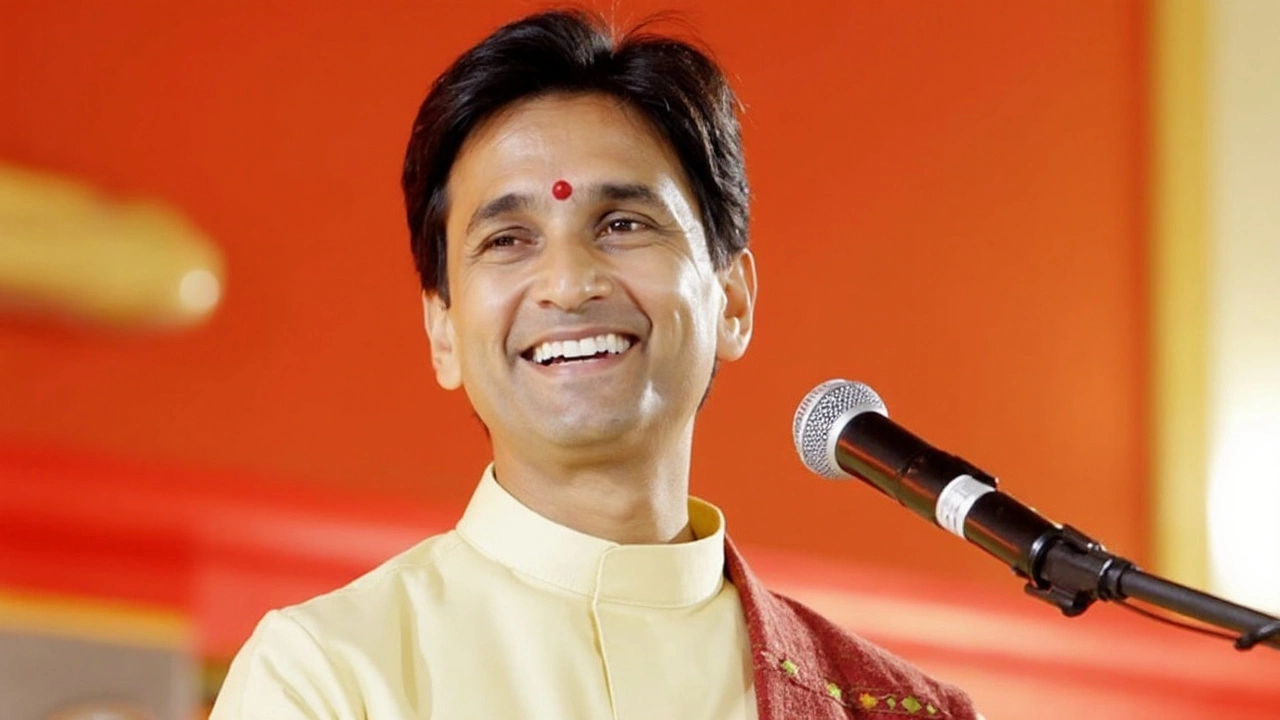Kumar Vishwas Urges Freedom for Balochistan and Seeks Firsthand Experience
It’s not every day that a celebrated Indian poet jumps into the middle of a heated geopolitical conflict. At a recent public gathering, Kumar Vishwas openly prayed for Balochistan’s independence from Pakistan—words that quickly lit up social media and fuelled debate on both sides of the border. Vishwas, known for his fiery speeches and poetic flair, didn’t just make a generic statement; he put a personal twist on it: he wants to visit Balochistan himself, hoping to get a visa and see the simmering independence movement up close.
His remarks come at a moment when the situation in Balochistan is grabbing headlines. A bombshell admission by former Pakistani Prime Minister Shahid Khaqan Abbasi caught attention—he disclosed that government control in Balochistan is fading, especially under the cover of darkness. The struggles aren’t just political; they’re unfolding in real time, marked by deadly attacks like the recent Baloch Liberation Army raid that killed 14 Pakistani soldiers. Vishwas, never shy of controversy, slammed Pakistan’s human rights record in the province, accusing authorities of unleashing violence and stifling dissent.

India-Pakistan Tensions and Media Watchfulness
Pakistan’s volatile grip on Balochistan has long been a sore point for Islamabad, and even a risk for regional stability. But it’s not just Pakistan in Vishwas’s crosshairs. He tossed a not-so-subtle warning towards Afghanistan, urging Afghans to look closely at how the Baloch people are resisting what he called ‘oppression.’ In essence, Vishwas is calling for more eyes on Balochistan—not just from politicians, but from ordinary people who might sympathize with its cause.
The story doesn’t end at geopolitics. As cable news and online reports ramped up coverage of the brewing crisis, Vishwas zeroed in on the Indian news media. He cautioned them to keep their reporting clean, stick to the facts, and only use updates from official military or government sources. Misinformation during tense times, after all, has a way of spreading panic or fuelling unnecessary drama—something Vishwas wants to nip in the bud.
For Indian audiences, the comments from Kumar Vishwas represent a bold step into diplomatic territory usually reserved for career politicians. He’s not just content to write poetry or speak from a safe distance. By publicly requesting a visa to visit Balochistan, Vishwas is putting his words to the test, potentially exposing himself to the unpredictable politics of a conflict zone. Whether he actually makes it there or not, his stand has already sparked new conversations about Balochistan’s future, Pakistan’s internal strife, and how India’s media should handle fast-developing stories on the subcontinent.
